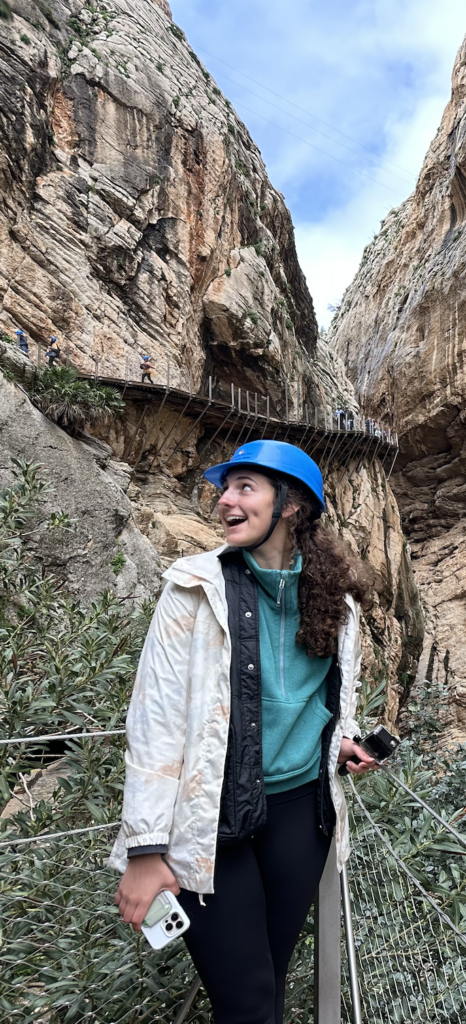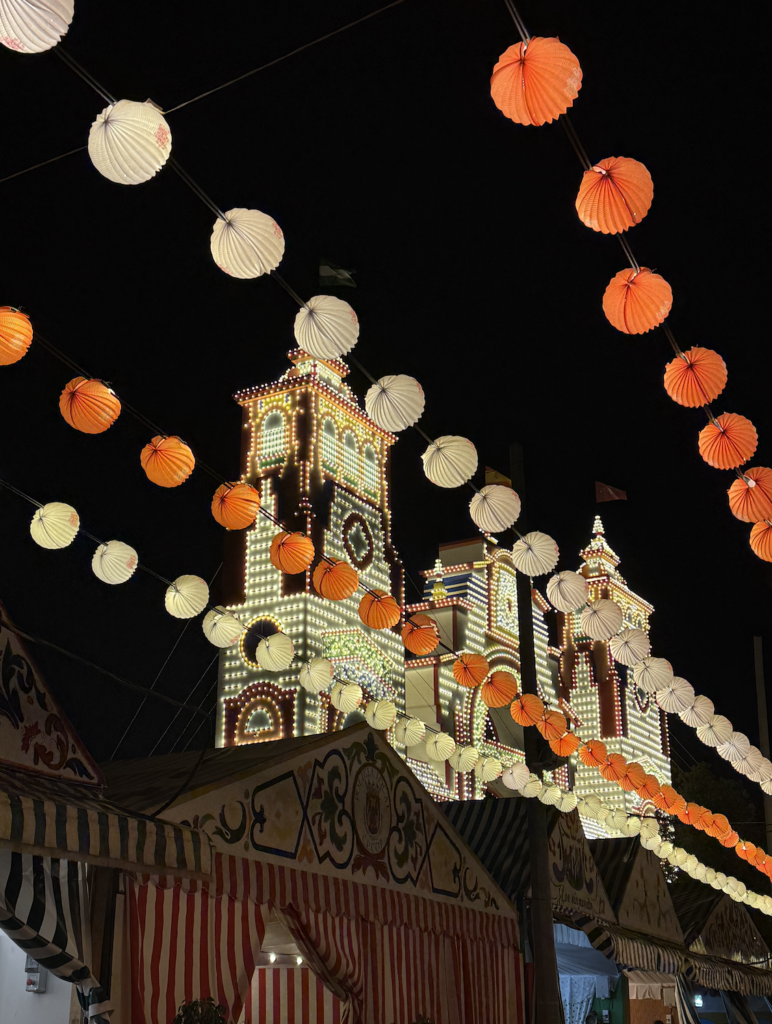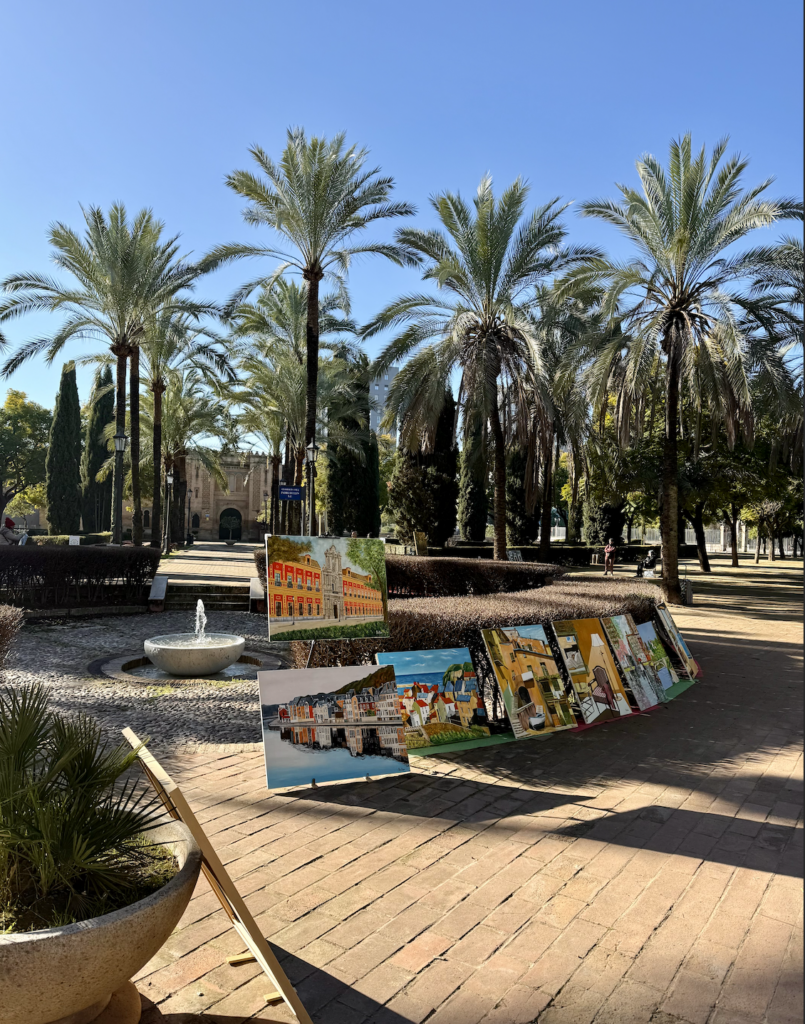
Zoie Weinsweig
CAS ’26
Neuroscience
SA: CASA: Seville
Contact
Ask Me About…
- Navigating going abroad as a pre-med student
- Handling the quick, abrupt change to utilizing a second-language all day every day
- Truly immersing yourself into your study-abroad city (like Pilates and Yoga classes, C1-level Spanish seminars, volunteering at a local bilingual school, or student-lead Temas y Tapas chats with new friends)
- Connecting with Erasmus Club Sevilla (a whole network of international students from all-around Europe)
- Building a lasting relationship with your host family (my personal favorite)
My Experience Abroad
Before the start of my classes at la Universidad de Sevilla, my full intention was dedicating all of my coursework to my minor (Hispanic Studies), rather than pursuing coursework to fulfill my Neuroscience major requirements or complement my “pre-med journey” as it can be difficult to (1) take science courses in a second language and (2) find classes that will fulfill specific requirements. However, over time, I realized that naturally I was able to implement aspects of neuroscience into most of my humanities-based courses. For example, in my Temas de Lingüística general course, my team (of Spaniards) focused our final project on enhanced learning for adolescents with ADHD–a topic that we chose out of pure interest. During our preliminary investigation, since my teammates primarily focus on philology, I was able to draft an entire section of research based on the neuroscience behind ADHD.
That was just one example of how my various interests organically tied together in Sevilla, and, in retrospect, I can safely say, I am excited and well-prepared to apply my Spanish (in academic and conversational settings) to my future career in medicine.
Another meaningful aspect of my classes at the university and the CASA center—such as Más allá de los estereotipos and Desarrollo regional y turismo en Andalucía—was the opportunity they gave me to further explore the culture of Sevilla and the broader Andalusian region. I even planned some niche weekend trips around what we studied in class!
Other Highlights
The most meaningful experience by far was the relationship that I harnessed with my host family. My host family was made up of my host mom, two sisters (13 and 16), one brother (18), two cousins (20 and 23), and my abuelos españoles. It was fascinating to learn about Spanish culture through the lens of different age groups, but what made it truly special was how deeply I bonded with each of them. I felt loved, cared for, and supported in ways I never expected. I will always remember the day my host family invited my biological family to have dinner together (neither family speaks the other’s language, so I played translator for the night… even so, there was never a pause in conversation or a shortage of laughter).
Academically, I felt equally welcomed. In my Temas de Lingüística General course, my professor treated me like a full-fledged Spanish student—encouraging me to moderate debates, lead discussions, and present to the class. That level of inclusion motivated me to push myself and engage as much as possible.
The CASA program organized various excursions throughout the semester. One favorite was a local cheese-tasting, where I not only learned about traditional cheese-making but also bonded with my peers and program directors.
Before going abroad, I promised myself I’d focus on the Iberian Peninsula rather than traveling all over Europe. I stayed true to that goal, immersing myself in Spanish culture, while still sneaking in a few unforgettable trips—to places like Morocco and Germany.


